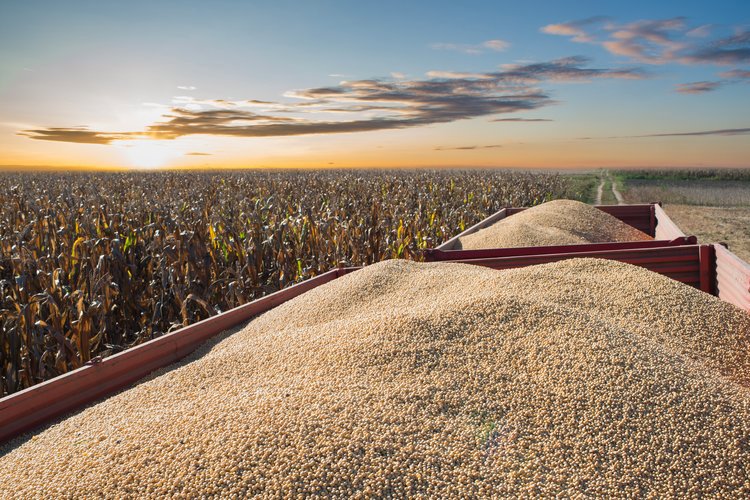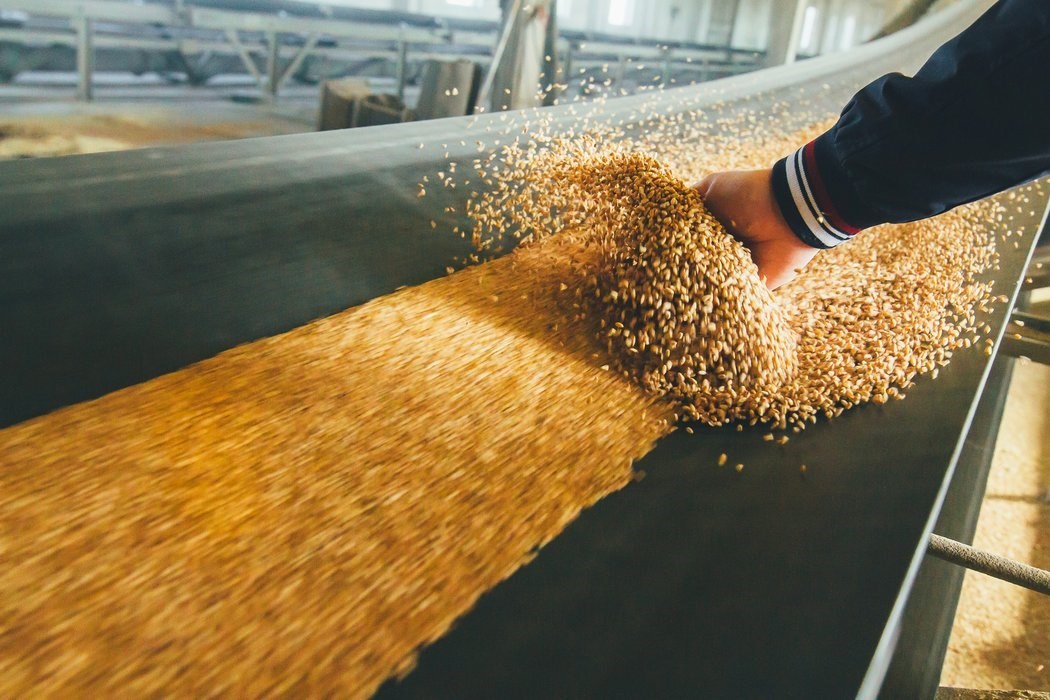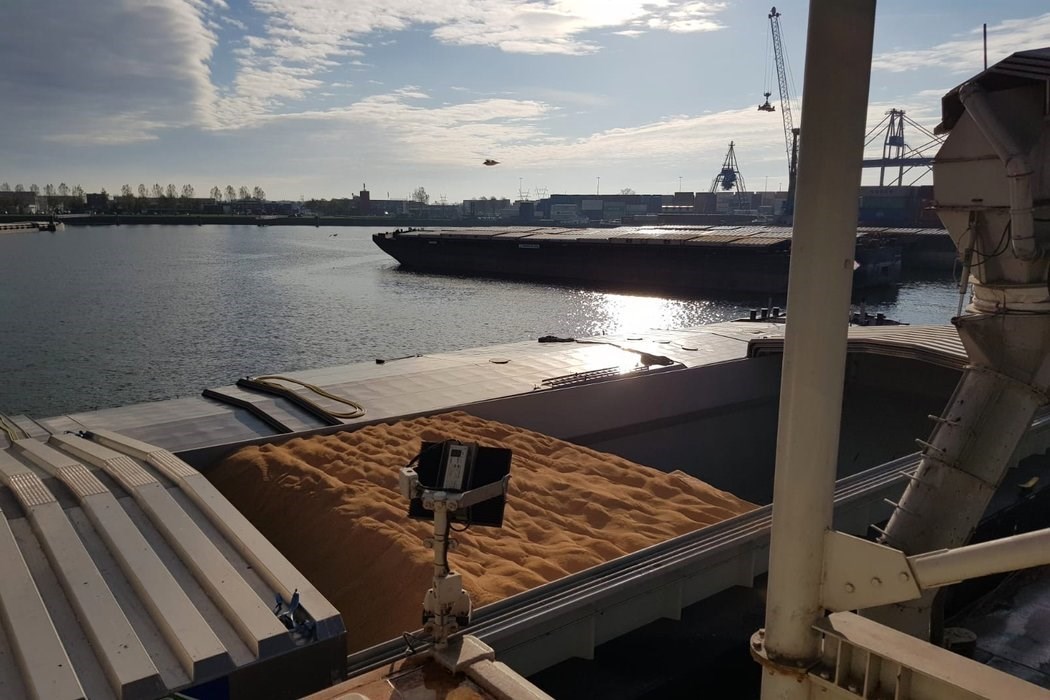Fysal®
- Product
Raw material quality plays a critical role as the starting point for producing safe feed and safe food. That's why it's essential to take a solution-driven approach – that combines analytical services, the right product portfolio and accurate dosing equipment – to combat the negative impact of moulds, mycotoxins and enterobacteria on raw materials.

An important first step to ensuring high-quality raw materials and maintaining nutritional value is treating materials properly – either as early as harvest time or later in the value chain, upon receipt and storage.
Applying potent blends of buffered and non-buffered organic acids can help prevent harmful microorganisms from metabolising valuable nutrients. In order to find the right approach, Trouw Nutrition can support raw material producers, traders and processors in analysing feed material quality and applying cost-efficient solutions.
Pieter Steyn, Global Programme Manager Raw Material Quality at Trouw Nutrition recently spoke with Ann Reus, reporter for Feed Strategy about the importance of effective raw material preservation and how we offer solutions to raw material producers, traders and processors to prevent nutritional loss during transport and storage.
"Realizing the sheer amount of grain the globe loses annually, it is my goal with this programme to reduce that number and play my part in the chain to create sustainable feeding solutions."
Raw materials can start out at the highest quality and nutritional value; however, if critical control points at storage and processing facilities are not mapped out and treated correctly, their quality and nutritional value can decrease rapidly, impacting processing performance and feed quality.
We partner with processing plants to perform full audits that identify these critical control points and find effective solutions to mitigate any risks to final feed quality.


Transport over sea of high-protein raw materials – such as soy bean meal, meat and bone meal and corn flower – comes with the risk of microbials that can proliferate and consume valuable nutrients. This can decrease quality and may even pose risks to human health when bacteria such as Salmonella are not mitigated in time.
Local laws and regulations might also require feed materials to be free of certain harmful microbes. In partnership with Marcor Stevedoring, we offer unique services to raw material traders and processors by treating raw materials upon arrival at the Rotterdam harbour.
Decontaminating materials is vital to ensuring that harmful microorganisms are mitigated and raw materials can continue their journey to their final destination.